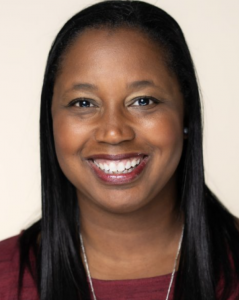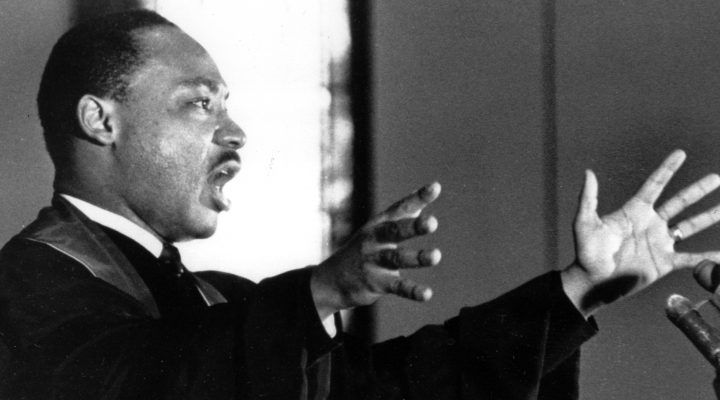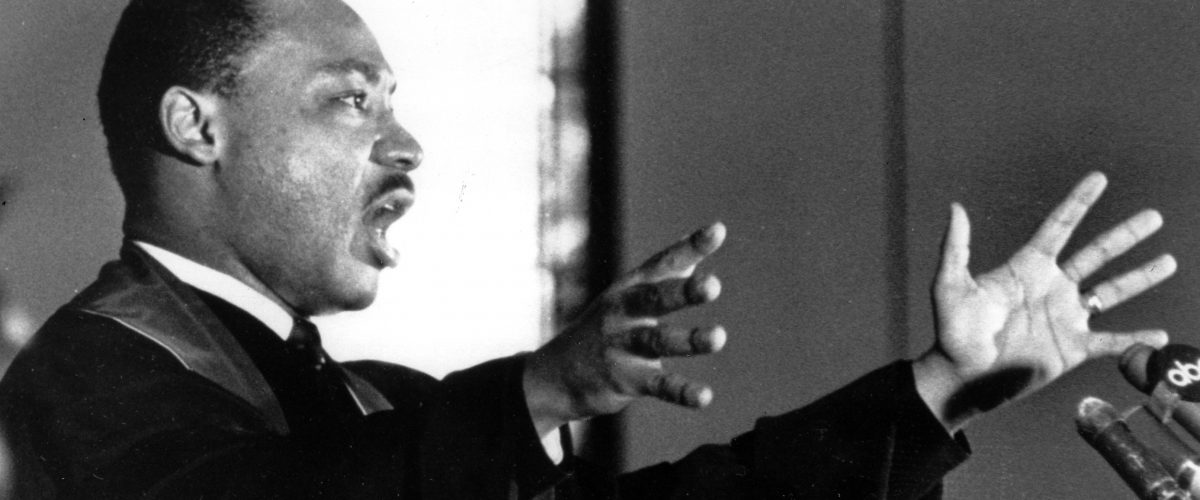Bianca Howard grew up in the Black church and believes it has a continued role in American faith and culture.
On this anniversary of the birth of Martin Luther King Jr., she finds his legacy an encouragement for the Black church and the church in general.
“He died 56 years ago. He was in his thirties, and his words are still relevant half a century later for our country,” said Howard, Black church specialist with Orange, which produces curriculum for children and youth. “We need his words more and more. I reflect on his words of love and justice that are still needed today, and the Black church and the church globally still needs to reflect and live out those words.”

Bianca Howard
Despite pressure to conform in so many ways, “the Black church is still needed and relevant,” she said.
Just as King and the Civil Rights movement grew out of the strength of the Black church tradition, so today can the church offer a way through change, Howard suggested.
“In the Black community and the Black church, we have to deal with mental health along with affordable housing and other issues the Black church can help address and bring change to, discrimination issues in how we treat people in the LGBTQ community, along with how we view and treat humanity.”
The Black church is a sleeping giant that has been too comfortable in the past in addressing only certain social issues, she suggested. “The Black church got comfortable, and COVID threw us in a tailspin that says either rise to the occasion or die.”
As a child of the church, she has seen the Black church confront change in the past. For example, her home church in Marietta, Ga., once allowed only men to preside.
“I grew up in a traditional Black historic church in that didn’t allow women even in the pulpit to give announcements,” she said. Until the church elected a new pastor who began ordaining and allowing women to preach and use their ministry gifts, which was when she began to understand God could be calling her to ministry.
“Seeing women in ministry and having a youth pastor as a woman, I knew the Spirit of the Lord was moving on me.”
“Throughout those years in seeing women in ministry and having a youth pastor as a woman, I knew the Spirit of the Lord was moving on me.” Later, Robinson became the youth pastor at her home church for more than a decade, which led her to serving Black churches throughout North America for Orange.
Whatever barriers the Black church has today, God has given the church power, she declared. “We operate as an inside-the-walls church, when we have more power than what we really know we have. … God is really trying to get us to hear him and recognize the power the church has.”
The same power that was available to Martin Luther King is available to the church today, she said. “I love the Black church. I’m entrenched in the Black church. All kinds of people are coming to the Black church now. The Black church needs to be open to that. The church has to be globally minded.
“I believe the spirt Martin Luther King left us, and the reason why his words resonated around the world and are still with us today.”
Related articles:
New study finds affirmation of Black church experience even as attendance declines
Black Baptist women in ministry and the principality of patriarchy | Opinion by Aidsand Wright-Riggins


